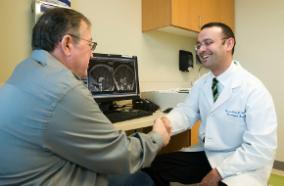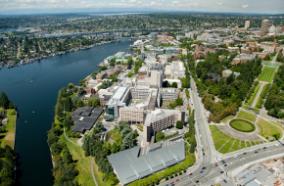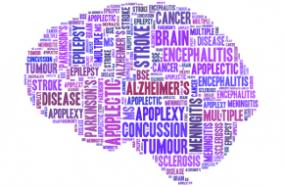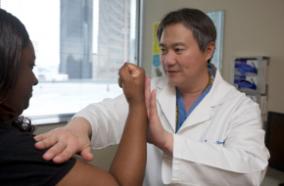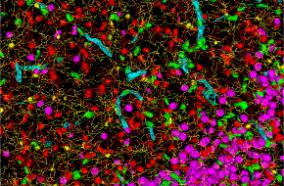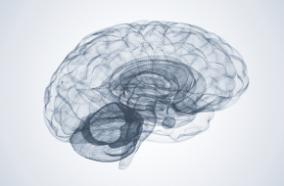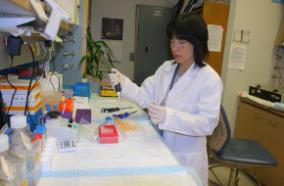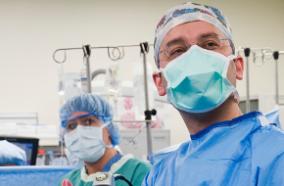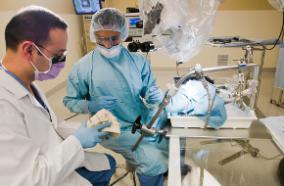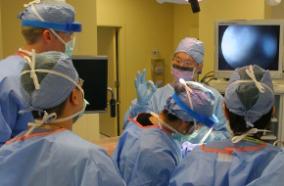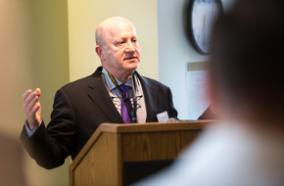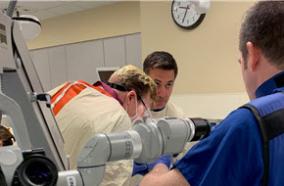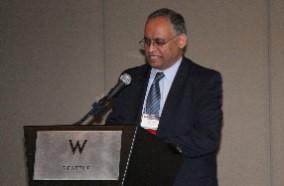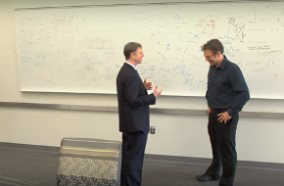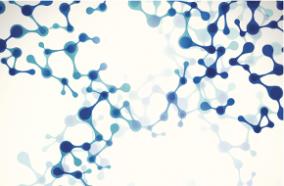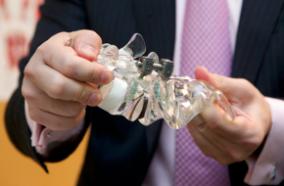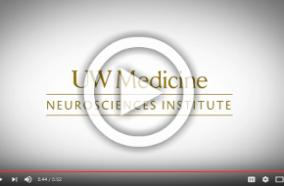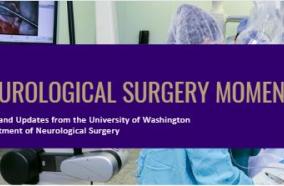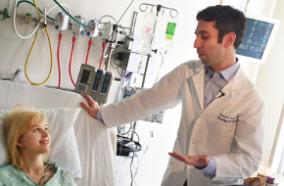Students have the opportunity to work in and gain experience in laboratories associated with the following clinical and scientific research centers: the Center for Integrative Brain Research (CIBR) within Seattle Children’s Research Institute (SCRI), the Fred Hutchinson Cancer Research Center (FHCRC), the lab of Ed Lein, PhD at the Allen Institute for Brain Science as well as laboratories across the UW Medicine campus. Laboratories include biomedical engineering, material science, molecular imaging, fluid dynamics, computational neuroscience, neural engineering, nanotechnology, brain computer interface, robotic prosthetic devices, regenerative medicine, traumatic brain, spinal cord injury, cancer biology, immunotherapy, stem cell biology, and neurophysiology. All laboratories are supported by extramural funding from the National Institute of Health (NIH), U.S. Department of Defense (DOD), National Science Foundation (NSF), non-profit foundations, and industry.
All sites contain state-of-the-art laboratory facilities within which advanced undergraduates, graduate students, post-doctoral fellows, faculty and visiting scientists conduct research work. Students become fully integrated into research programs and have opportunities to understand how these programs contribute to translational opportunities for medical diagnosis or treatment. These sites also have their own conference facilities that host research sessions which students have the opportunity to attend.
Each student is assigned to the laboratory of a senior research faculty member where they will work side-by-side with the faculty, graduate students, post-doctoral fellows, and other laboratory members. In some laboratories, students also have opportunities to work with rising UW seniors who are beginning senior research projects or UW Neurological Surgery residents during their requisite research rotations. This multi-level mentorship atmosphere creates a rich environment for the student to grow and be nurtured. Students attend regular laboratory research meetings and learn how to organize and present experimental results, interpret results with respect to the hypothesis, provide critical evaluation of experimental design, data collection and interpretation. Through this experience each student learns basic laboratory techniques and methods including the development and testing of hypotheses - or technology- driven research and experimental design. This process teaches the fundamentals of scientific inquiry through the progression of hypothesis development, testing, re-testing, evaluation and possible modification. Each lab assesses its’ student’s educational and experience capability and designs a project and mentorship program accordingly.

